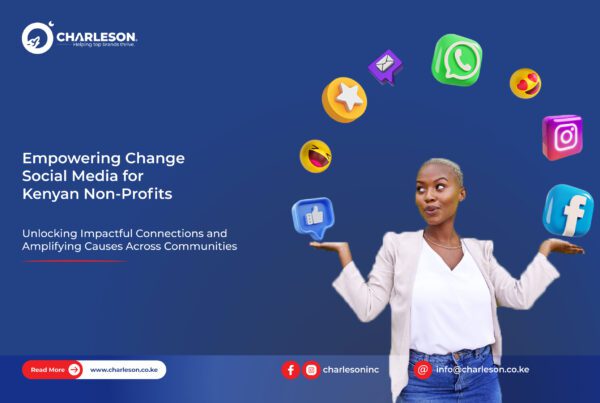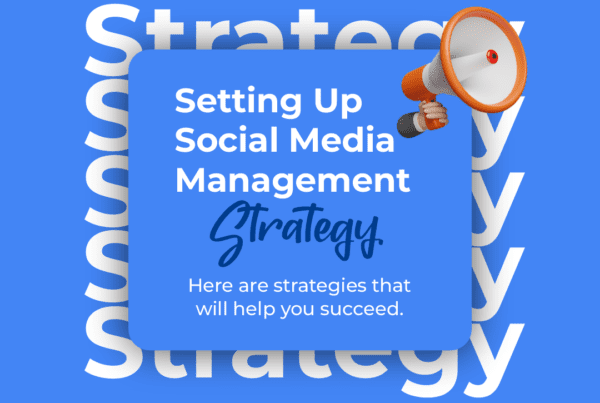Influencer marketing has surpassed many of the traditional modes of marketing more so, print. The reason being with people of all ages spending more and more time on their screen it has become crucial for marketers and business owners, in general, to get creative and reach their potential target audience where they spend most of their time. One of the key players in the bridging of this gap happens to be influencer marketing. Ooh hold up, let’s define influencer marketing, influencer marketing can be defined as the development and delivery of advertising messages using influential persons on various social media platforms and opinion shapers in different areas. This mode of advertising mainly uses word of mouth to sell people why they should buy a product or service.
There are three types of influencers:

Micro-influencers – they have a following of anywhere between 1000 to maybe 10,000 followers. The main advantage they have is that they tend to have an actual connection with their followers which is great for engagement.
Expert influencers – These are people that are looked at as experts in a given niche and people look at them as a credible source of information. This can include people like bloggers, members of the press, and so on. A good example of this is the entrepreneur, Vusi Thembekwayo.
Celebrity influencers – Most of these people have verified social media accounts with a following of anywhere between 50,000 and more! The major difference between expert influencers and celebrity ones is that this group has a wider scope of interest and thus an even more broader audience from different market groups. A good example of this is Eliud Kipchoge. Goes without saying, they are the most expensive lot to work with but doesn’t necessarily mean the most effective group. Let’s discuss that further below.
Here are some interesting facts about influencer marketing from the Digital Marketing Institute.
- 49% of consumers depend on influencer recommendations
- 74% of people trust social networks when making purchase-related decisions
- 60% of consumers have been influenced by social media or blogs while shopping at a store
- 86% of women use social media for purchasing advice
Such stats make you want to instantly get on your keyboard and email 5 or so influencers off the top of your head asking them to help you promote your business. Influencer marketing might sound glorious and it can be but so long as brands take a moment to properly lay out a plan and set clear objectives as to why they wish to engage an influencer. Without this, then influencer marketing is only going to be good at creating hype but minimal results.
At Charleson, the leading marketing agency in Kenya we don’t track vanity metrics. Influencer marketing, just like any other marketing strategies, should be conversion driven and not meaningless hype.
What’s Killing Influencer Marketing?

Influencer Advertising ≠ Influence Marketing
The biggest mistake companies make when looking to get into influencer marketing is confusing influencer advertising with influencer marketing. Did you even know there’s a difference between the two? Worry not, that’s why we’re here.
Influencer advertising is a short term transaction between both parties and doesn’t involve any relationship building.
Influencer marketing on the other hand, involves a long-term commitment from both the brand and the influencer. It is relationship focused, working towards a longer-term goal.
Let’s take a look at 4 other reasons, shall we?
Assuming Popularity = Influence
When going through influencer options (btw you should have a list not just one person, that way you can easily weigh your options), always ask to see their engagement numbers. This is because solely focusing on their popularity only drives awareness but not what matters most which is engagement and conversions. Just because an influence has 500,000 followers doesn’t mean everyone is paying attention. Could be that an influencer with 5000 followers has a better connection with their audience and a higher engagement rate. Popularity doesn’t necessarily mean being influential.
Misalignment Of Influencer’s Goals With Your Own
Ever watched a brand collaboration between company X and influencer Y and you really aren’t convinced the person fits the role? What we are saying is the main reason for getting into ‘’bed’’, I mean business, with an influencer is so that they can tell their followers about you. But if their audience misfits your target audience then all you have is meaningless hype! Don’t be that guy. For instance, if you run a makeup brand then you need to partner with someone whose audience already looks up to them for their slay for the gods’ makeup skills. If you own a cooking appliances company, your best bet of an influencer in reaching your target audience would be someone who is good at cooking and has built their brand around sharing bomb recipes on social media. Do you get the gist? Just because an influencer is big doesn’t automatically make them the right fit for your brand, do your research first.
Lack Of Metrics Measurements Protocols
One of Charleson values is this; You can’t manage what you don’t measure. As a brand you need to remember you are putting money into this, so even if it is Beyonce herself advertising your product on her socials, it is still important to go into it with clear expectations and defined goals. Consider using Paid Partnerships features for Instagram for example, to ensure you have access to valuable insights like engagement and reach. Steer away from vanity social media metrics and instead focus on creating KPIs that are inline with your business goals.
4 Tips To Make Influencer Marketing Work
- Use Influencers To Build Social Proof
People buy something based off of word of mouth. And when that word of mouth information on how good a product or service is comes from your favorite celebrity or influencer then the more likely the person is to convert.
40% of people say they’ve purchased a product online after seeing it being used by an influencer on social media.
- Use Influencers To Improve Your Visibility And Following
You can really capitalize by having the right influencers talking about your brand and gain new followers. Even if these people don’t automatically convert you can retarget them through Facebook Ads and other strategies.
- Positive contributor to your SEO
As we have mentioned before, social media is also a big part of improving your SEO ranking. With influencers on board, you can increase your following thus social buzz and consequently get google to notice you.
- Unique/ Bomb Content
No one creates better social media content than content creators, and for you, as a brand, this is an added advantage as you can share the content your influencer(s) create on your own platforms. Generating content on your social media then becomes a breeze.
- Use Influencers To Better Understand Your Customers And Their Needs
Real people who interact with influencers will give your influencer their honest opinions on your products. This can easily be tracked through likes, comments, and shares of your product/service. As a brand, you can learn a lot from these reviews as well as honest opinions of your product and consequently use this information to better your business. The customer is always right after all.

Charleson Group’s Tips On Choosing The Right Influencer
- Know Your Objectives
This is a lot like going into a state without a budget in place, never a good idea! In marketing you can’t just go with the flow, you need to set budgets and clear goals / expectations and this is no different!
- Do Your Research
Find as many people as possible that you feel are in line with your objectives. If you can find people that have actually bought and used your products before, the better! They will be in it for the right reasons and consequently more believable to an audience.
- Pay Your Influencers, On Time!
You can’t pay influencers with exposure or free products, these things don’t pay the bills. So instead, find the right influencers and offer them value for their work.
Want to promote your brand using influencer marketing? Reach out to Charleson and we can help you:
- Find the right influencers
- Pay less on influencer marketing
- Track the right metrics
- Offering the right strategy for a brand’s campaign to maximize engagement and audience reach
We’d love to hear from you, what are some of your favorite collabs? Ever bought something purely based on influence?





Wonderful insights wow…..
Thank you!